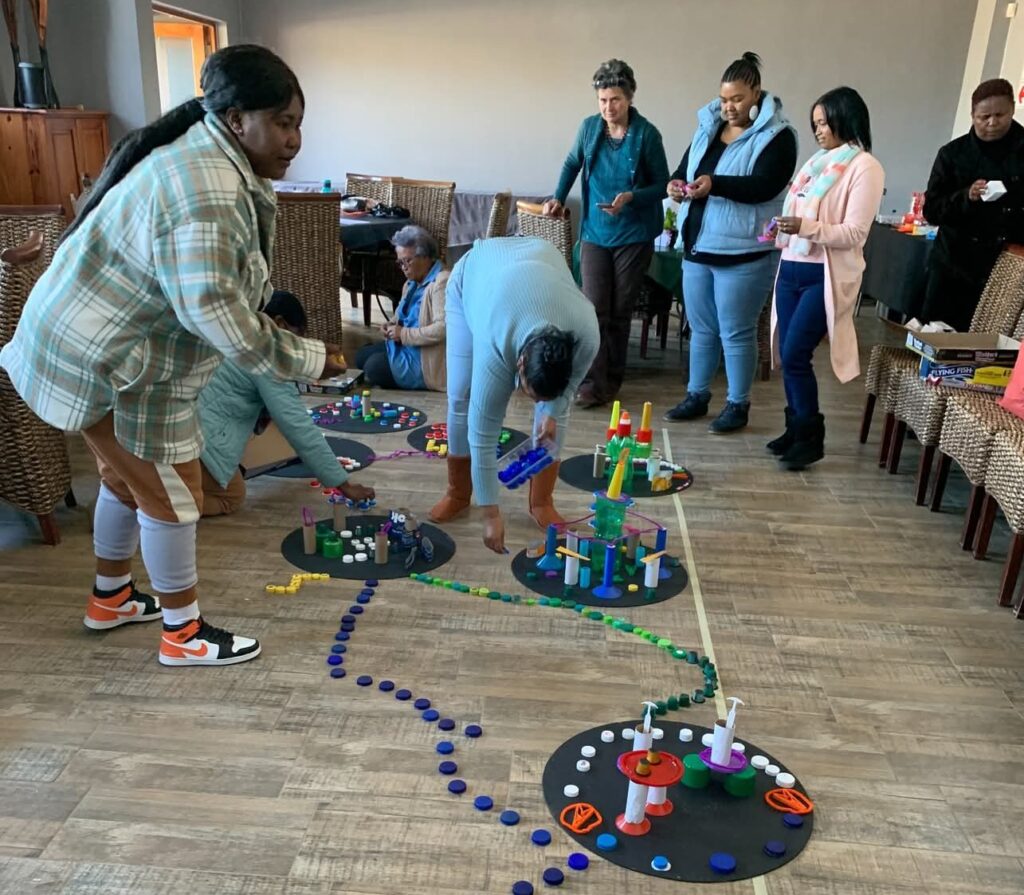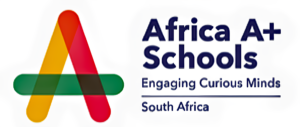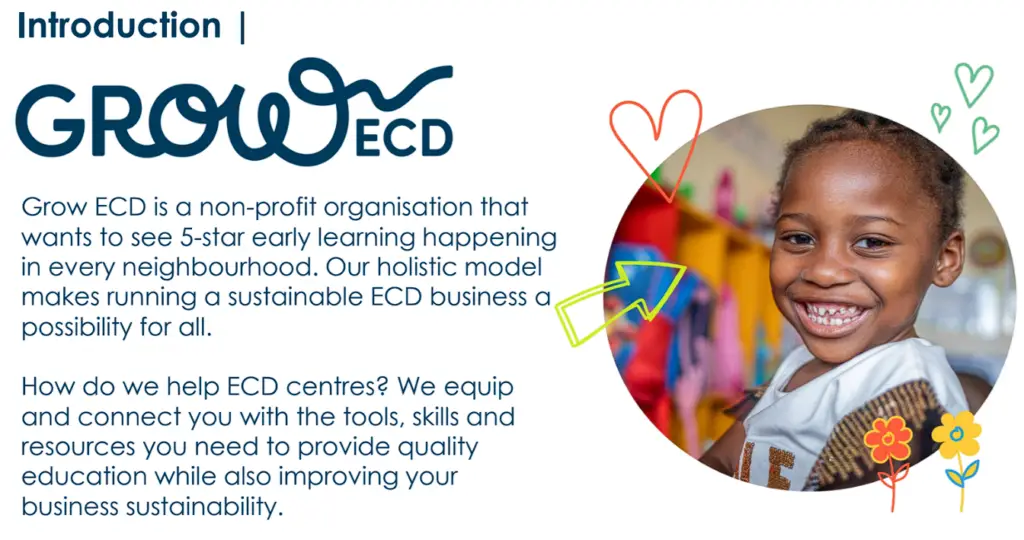What we do
Taught daily and included in planning.
Accommodate different learning styles and entry levels.
Concrete, play- based, differentiated approach
Development of innovative, critical thinking.
The arts are integrated into the national curriculum and learning programme.
allowing children to demonstrate mastery
through multiple means.
The creative process is highly valued
There is a common vision.
“I am blown away. I am just blown away. This is what teachers need – not more certificates.”
“Africa A+ has made a big impact on the school. I can see it in the classes.”
“It [A+] challenged me to think inspired me not to be brought down by CAPS. It gave me more confidence as an educator.”
“Changed my thought pattern… I am more comfortable bringing music and movement and more excited to come to class. I am not so rigid, have opened up.”
“A challenge is changing staff’s understanding of what creativity is. It’s difficult to break habits – it will be a three-year process. You have to get people to look with different eyes.”
“I had to make a lot of changes… It was just my perception and the fact that I closed myself off to learning. I saw it as a nuisance in all honesty. But it was a learning curve and it is ongoing.”
“It’s okay for children to be different, there are different ways (of learning and expression).”
“Changed my thought pattern… I am more comfortable bringing music and movement and more excited to come to class. I am not so rigid, have opened up.”
“It opened a lot of thinking – you have to think about essential questions, overarching questions, what is it that you want the child to learn. It was profound in a sense. It can work and it did work.”
“The children does not want to stay at home because of the exciting activities.”
“… but I didn’t learn this at college! Why isn’t every school like A+?”
“What inspired me is how we can make a difference in children’s lives. We’re here to build them up.”
“I didn’t know I could be this creative!”
“For adults, a lot of us think we can’t do things. Also, because of what we went through [ apartheid]. If a person says you’re stupid, you take on that you’re stupid. If you’re given the choice to try different things, make mistakes, then you grow, get more confident. Give kids free choice, they can see they can choose, accomplish something, become more independent.”
“I’m used to being told what to do. I like the way I was taught to think critically and be creative.”
“I see growth in children; they become more free in their creativity, thinking and reasoning.”
Africa A+ Schools is guided by a set of eight principles called the A+ Essentials. These were developed in the USA for the A+ international network. Africa A+ Schools has adapted the international A+ approach to the South African context. This table presents a slightly simplified version of the eight Essentials:

You can download the Essentials in three languages by clicking below:
A+ is NOT a curriculum, a “quick fix”, a short-term solution, or a convenient, cost-cutting, one-size-fits-all programme.
A+ IS a comprehensive, practical and adaptable approach to teaching and learning, with a strong emphasis on creativity and the arts. (The A+ in our name stands for “arts enriched”.)
Africa A+ Schools (A+) facilitates professional development of school staff and leaders. However, changing attitudes and behaviour takes time. A+ works with the schools of whole communities for a minimum of three years to ensure sustainable delivery of quality early childhood education (ECE). Our work encompasses the following elements:
- Work with schools in their local contexts because, when we are gone, the contexts remain. We help schools to identify their unique needs and strengths, and to thrive despite challenging contexts.
- Engagement of whole schools, including all stakeholders: principals, teachers, assistants, aftercare, administrators, service staff, parents, carers and the wider community.
- Promotion of a mind-set in teachers and children that embraces creativity, problem-solving, innovation, critical thinking, collaboration, and communication.
- Methods of joyful learning, including an asset-based approach, use of indigenous knowledge and skills, an emphasis on the arts, and the use of “loose parts”. (Loose parts are no-cost materials that are curated and used in creative learning activities.)
- Extended series (usually over a period of three years) of intensive, hands-on workshops in practical teaching methods and professional development.
- Sustained mentoring that supports teachers in effectively implementing the national curricula (CAPS and 0-4 years National Curriculum Framework).
- Training of locally based Community Facilitators to help schools sustain their improvements and A+ methods.
- Monitoring and evaluation to document improvements in schools over time, and to assist us in fine-tuning our training methods.
- Offerings of additional short courses for professional development in ECE.
- Partnership with funders, stakeholders and other NPOs who are committed to meaningful changes in ECE.
View a brief document on Africa A+ Schools’ three-year ECE training projects: concept, approach and methods.
View a brief document on how A+ work aligns with the United Nations Sustainable Development Goals:
The following video provides a snapshot of what we mean by quality in early education:
These videos provide more detail on the work of A+. Note that the first long video is also provided as short segments in the following four videos. The four teacher interviews give an impression of the impact of A+ training on teachers and their work.
Segment One: Where does that start
Segment Two: What do we stand for
Segment Three: Why do we do this
Segment Four: How do we do it
Teacher Interview One: Nomonde MJA
Teacher Interview Two: Natasha Disney
Teacher Interview Three: Margaret Twinkle
Teacher Interview Four: Elsie Siembamba
Problem Solving Exercise

